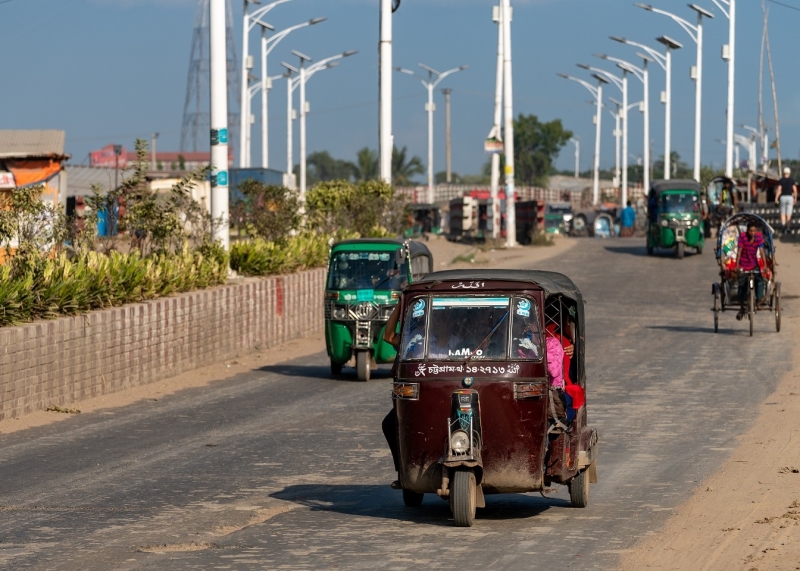- Khagrachhari violence: 3 cases against 1, 000 unknown people |
- Durga Puja ends today thru immersion of idol |
- Bay Deep depression likely to cross Odisha by Thursday night |
- Human Rights Groups Urged to Unite Against Racism |
- UN, Civil Society Urge Action on Rohingya Rights in Myanmar |
Dhaka’s air ’moderate’ Friday morning

Dhaka’s air ’moderate’ Friday morning
Dhaka, Aug 29 -Dhaka, the overcrowded capital city of Bangladesh, has ranked 16th on the list of cities with the worst air quality with an AQI score of 90 at 9:50 am Friday morning (August 29, 2025).
Dhaka’s air was classified as ‘moderate,’ referring to a light threat to health, according to the AQI index. Such air quality continued for the third second consecutive days on Friday.
When the AQI value for particle pollution is between 50 and 100, air quality is considered ‘moderate’, usually sensitive individuals should consider limiting prolonged outdoor exertion, between 101 and 150, air quality is considered ‘unhealthy for sensitive groups’, between 150 and 200 is ‘unhealthy’, between 201 and 300 is said to be 'very unhealthy', while a reading of 301+ is considered 'hazardous', posing serious health risks to residents.
Qatar’s Doha, Democratic Republic of the Congo’s Kinshasa and Uganda’s Kampala cities respectively occupied the first, second and third spots on the list, with AQI scores of 260, 182, and 163 respectively.
The AQI, an index for reporting daily air quality, informs people how clean or polluted the air of a certain city is and what associated health effects might be a concern for them.
The AQI in Bangladesh is based on five pollutants: particulate matter (PM10 and PM2.5), NO2, CO, SO2, and ozone.
Dhaka has long been grappling with air pollution issues. Its air quality usually turns unhealthy in winter and improves during the monsoon.
As per World Health Organization (WHO), air pollution kills an estimated seven million people worldwide every year, mainly due to increased mortality from stroke, heart disease, chronic obstructive pulmonary disease, lung cancer, and acute respiratory infections. - UNB

